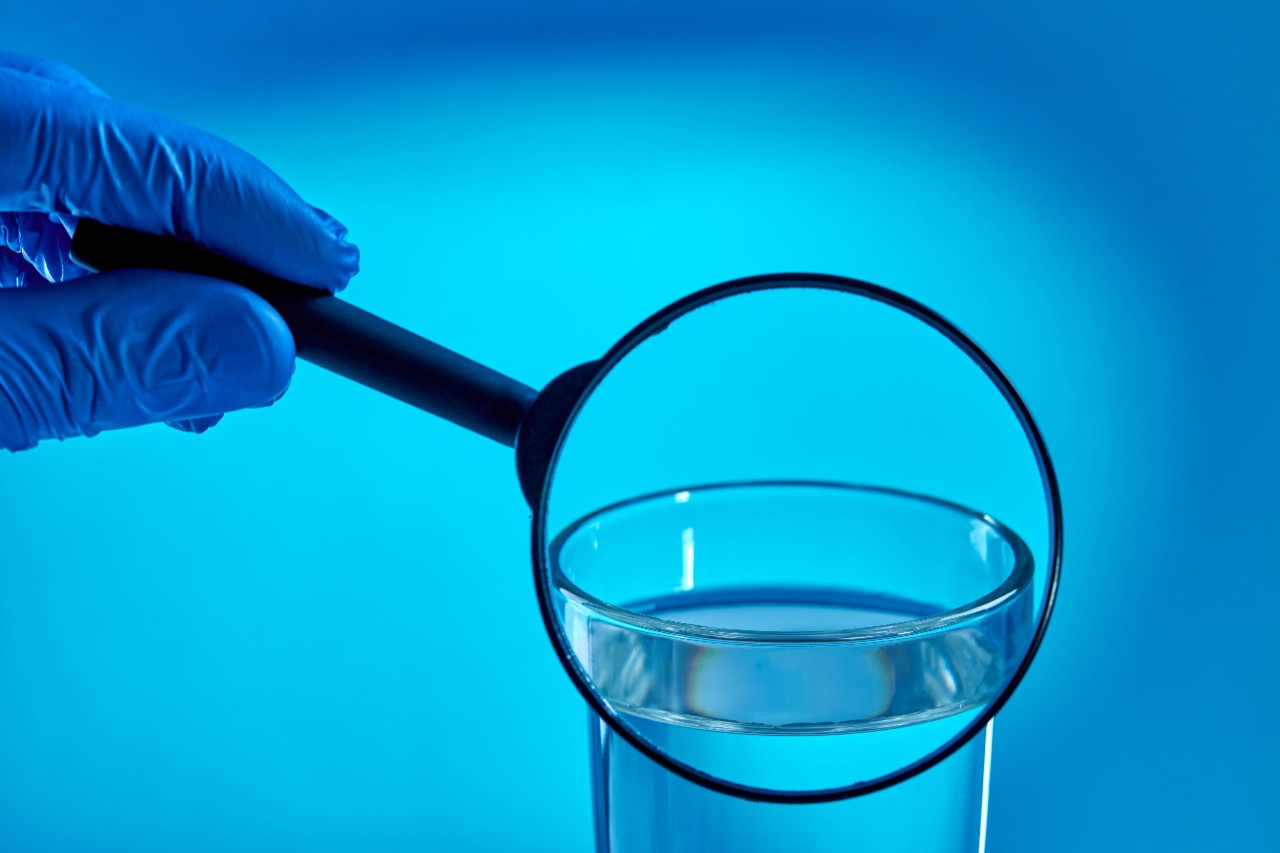
Analyzing your domestic healthy well water is essential to ensure its safety and quality for drinking, cooking, and other household uses. The frequency of testing and the constituents to test for can depend on various factors, including the location of your well, local regulations, and any specific concerns you may have about your water quality. Here are some general guidelines:
Frequency of Testing:
1. When the Well is First Installed: It's recommended to test your well water when the well is first installed or when you move into a new home with a well. This establishes a baseline for your water quality.
2. Regular Testing:
- Annually: Many experts recommend testing well water annually for a basic set of parameters, especially if your well is your primary source of drinking water.
- Every 2-3 Years: If your well has a history of good water quality and no known contamination issues, testing every 2 to 3 years may be sufficient.
- After Maintenance or Repair: Test your water after any maintenance or repairs to the sound system, such as pump replacement or casing repair.
3. Seasonal Changes: In agricultural areas, it is beneficial to test for certain contaminants more frequently during planting and harvesting seasons when there is an increased likelihood of agricultural runoff.
4. Changes in Water Quality: If you notice any changes in the color, taste, odor, or clarity of your water, it's essential to test it immediately to identify potential issues.
Constituents to Test For:
The specific contaminants to test for can vary based on your location, the geology of your area, and any potential sources of contamination. Here are some common constituents to consider testing for:
1. Basic Water Quality Parameters:
PFAS toxic chemicals
- pH: Measures the acidity or alkalinity of the water.
- Total Dissolved Solids (TDS): Indicates the amount of dissolved minerals in the water.
- Hardness: Measures the concentration of minerals like calcium and magnesium.
- Color, Odor, and Turbidity: Visual and sensory qualities of the water.
2. Microbiological Contaminants:
- Total Coliform Bacteria: Indicators of potential fecal contamination.
- E. coli: A type of coliform bacteria indicating recent fecal contamination.
- Other Pathogens: Testing for specific pathogens like viruses or parasites may be necessary depending on local concerns.
3. **Inorganic Chemicals:
- Nitrate: Commonly found in agricultural areas due to fertilizer use.
- Arsenic: Naturally occurring in some groundwater sources.
- Lead and Copper: Potential contaminants from plumbing fixtures.
- Fluoride: Levels can vary and may impact dental health.
4. Organic Chemicals:
- Volatile Organic Compounds (VOCs): Includes chemicals from gasoline, solvents, and industrial activities.
- Pesticides and Herbicides: Especially important in agricultural areas.
- Industrial Chemicals: Depending on local industrial activities.
5. Radionuclides:
- Radon: A naturally occurring radioactive gas that can dissolve into groundwater.
- Uranium, Radium: Naturally occurring radioactive elements.
6. Additional Parameters:
- Iron and Manganese: Common in groundwater, can affect water taste and color.
- Chlorine, Chloride, Sulfate: Indicators of potential contamination or treatment byproducts.
Local Regulations and Recommendations:
- Check with your local water quality expert or environmental agency for specific guidelines on well water testing in your area.
- Some states or regions may have specific testing requirements or recommendations based on local geology, land use, or historical water quality data.
Professional Testing:
- Using a certified laboratory for water testing is recommended to ensure accurate and reliable results.
- Many local health departments, environmental agencies, or private companies offer water testing services.
By testing your well water regularly and for the appropriate constituents, you can ensure your water supply's safety, quality, and long-term health. It's also a proactive way to identify potential issues early and take corrective measures.








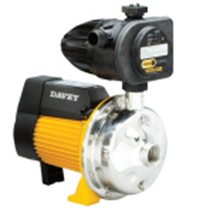
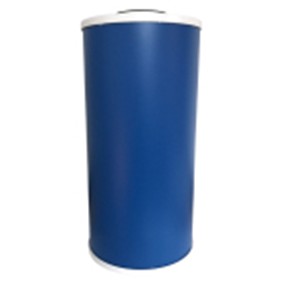
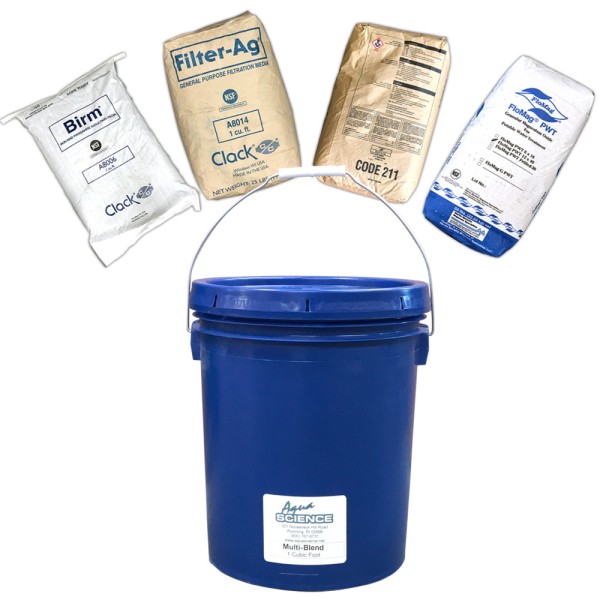
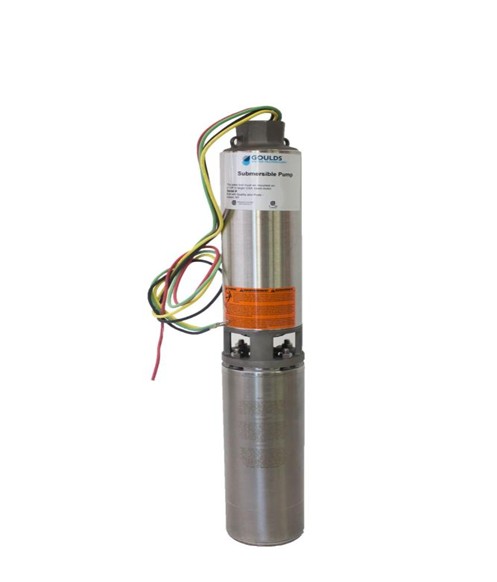

Validate your login